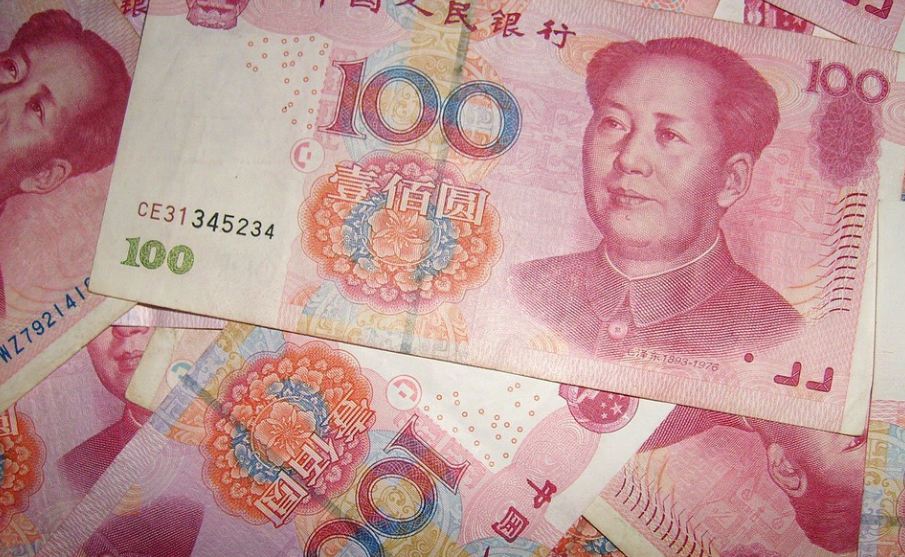On 19 November 2019, the People’s Bank of China (PBoC) established a private pre-trial fund to test the digital RMB (Digital Yuan). You can get more information here to avail a massive variety of trading strategies and activities that can assist you in polishing your trading skills. The trial was launched on the same day as part of the first phase of the Shanghai Free Trade Zone Pilot Program. China’s rise as a significant world economic power has made it subject to international economic pressures and challenges.
One major problem is its currency’s rapid exchange rate depreciation, which has led to negative externalities in trade and prices for many Chinese consumers. For the country to combat these potentially harmful effects, its central bank is looking for a way to manage its currency without resorting to extreme methods; so they have come up with CBDCs. The information below explains how this could be an opportunity for China to transform itself into a cashless society and whether the digital Yuan is a currency or a policy tool.
Intentions behind the inclusion of digital Yuan:
The intention is not just to better manage the currency and open new avenues to do business. It also controls the flow of money and prevents extreme volatility of the Chinese Yuan. Therefore, the new system is advantageous when it comes to transferring money.
The Chinese government wants most financial transactions to happen through the digital Yuan to better track where the money is going. It would enable it to clamp down on capital flight, which could be a vital tool in fighting bankruptcy in China’s current economic environment.
How would users benefit from using this new currency?
The main reason for using Digital Yuan is that companies and individuals can easily access international markets online. It will allow them to do this without going through international banks that charge high fees for currency conversions. It will ensure that they can make as much money as possible and access the international market while still in the Chinese market.
Another reason Chinese merchants or consumers use this new system is to make their money more secure. As mentioned above, along with the digital Yuan, China is also creating a digital identity system that allows users to conduct transactions without ever needing to reveal they’re true identities. It would give them more financial privacy, an attractive feature for those who want to protect their money from theft and other crime.
Digital Yuan is centralized:
The payments are initialled by the issuing bank and verified by the central ledger; there are other exciting features, such as smart contracts or digital identities.
Furthermore, it is essential to note that no single bank is in charge of the system. This attribute alone gives it a massive advantage over bitcoin. While cryptocurrency advocates might be wary of this centralized control – because of its potential to conduct fraudulent activities – cryptocurrency will not be completely walled off from Digital Yuan’s blockchain network; actually, quite the opposite.
Is the Digital Yuan currency or a policy tool?
Even as the system is being implemented, the government has yet to announce a final decision on whether they will make it their official currency due to their lack of confidence in its efficiency and volatility. However, because the PBoC fully controls Digital Yuan, it can conclude that the digital Yuan is a currency.
The digital Yuan has many features that enable anonymity. It also allows people to transfer money and conduct monetary transactions without revealing their identities at any time. It makes them helpful in evading tax and following illegal activities. However, even with that in mind, digital currencies are still anonymous compared to cash transactions due to the same features causing them to be traceable at all times.
However, here is the catch: all transactions must be linked to real-world identities. Any transactions that do not follow this rule will be frozen by the banks operating from within the system. Therefore, it can also be concluded that a digital Yuan is a policy tool.
Given that China has many control issues with capital flow and exchange rates, this move to introduce a digital currency is not surprising for those following the country’s economic policies. The volatility of the currency has made Chinese goods less competitive and caused instability in their market. China has been looking for ways to address these issues, including establishing the Shanghai Free Trade Zone, which is intended to experiment with new economic possibilities. In addition, the PBoC is looking for new ways to manage its currency.
The Future of Digital Yuan
Digital Yuan can be used as real digital cash, which can be converted into physical money anytime during the year. Unlike other cryptocurrencies such as bitcoin, if you own digital Yuan, you can still spend it in physical stores or online through a bank card or WeChat.

